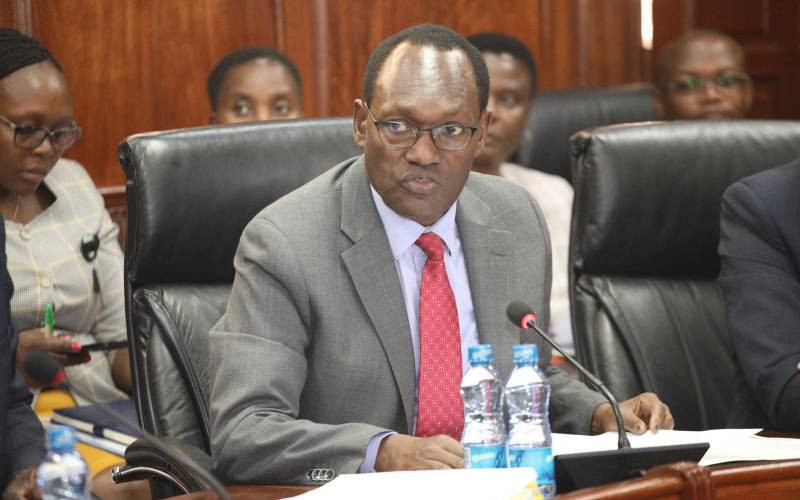×
The Standard e-Paper
Join Thousands Daily

Budget experts at Parliament have faulted the Kenya Kwanza government's road map to pay off the mountain of pending debts, which currently stand at over Sh500 billion.
The Parliamentary Budget Office in a new report suggests the current plan may not help fully end the menace of the pending bills. The settlement of the arrears amounting to five per cent of GDP or Sh794 billion is expected to inject liquidity into the private sector, thereby stimulating productivity.